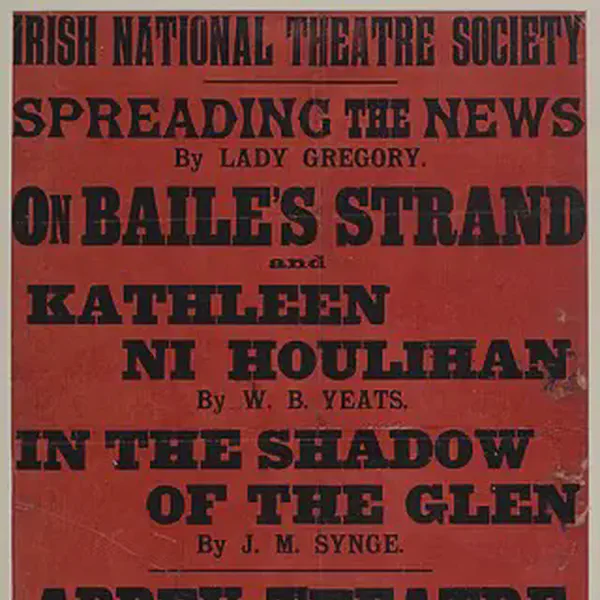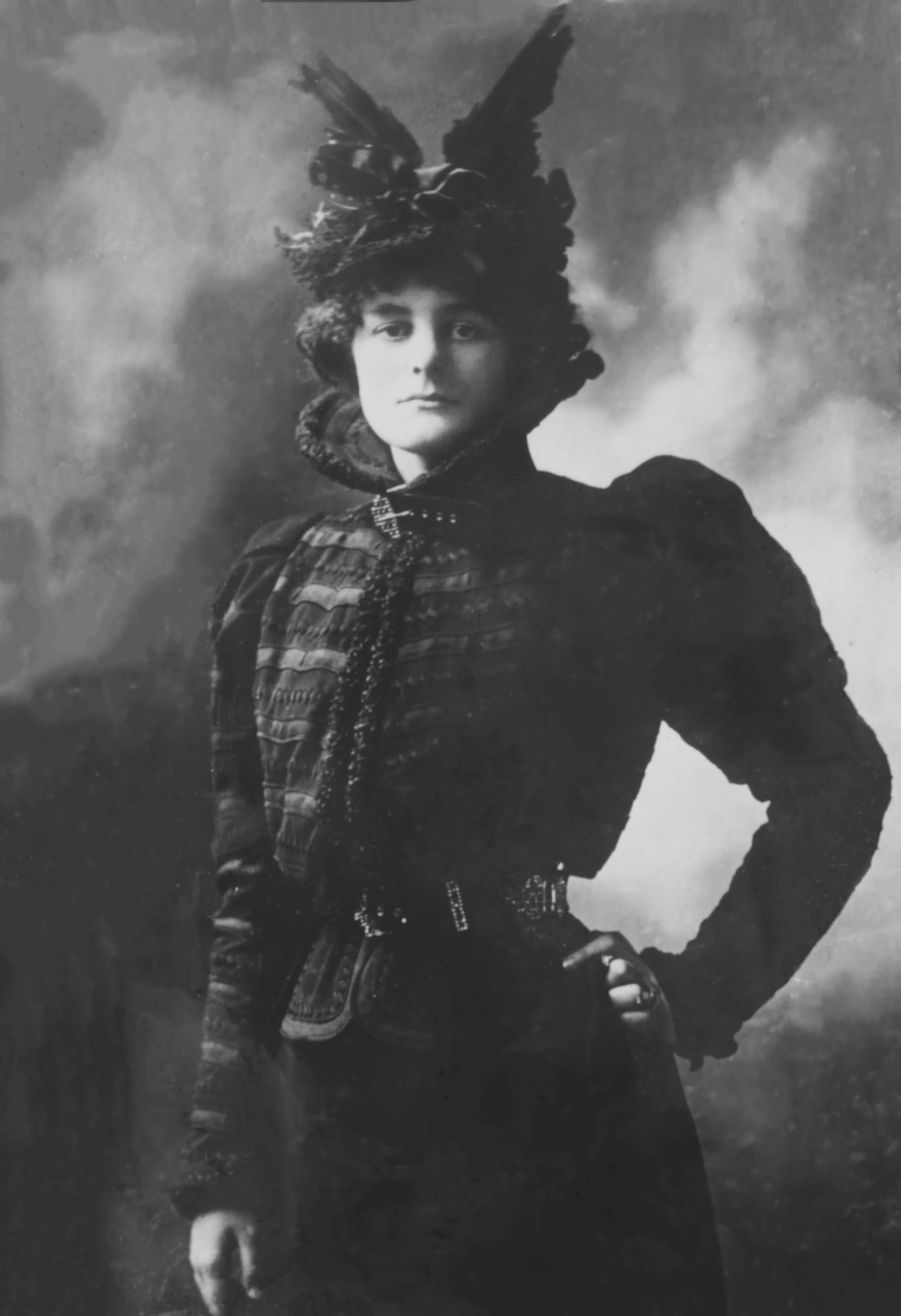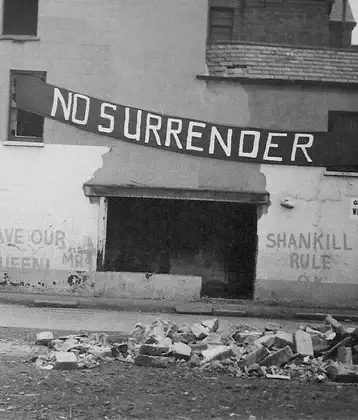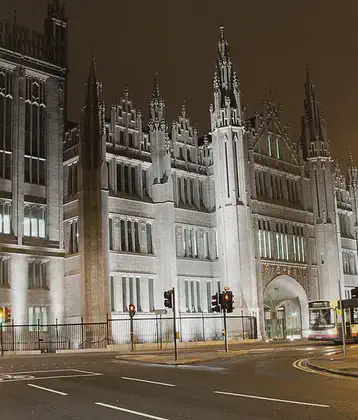On April 02, 1902 in Celtic History
Premiere of yeats ' cathleen ni houlihan' starring maud gonne

Cathleen ni Houlihan is a one-act play written by William Butler Yeats and Lady Gregory in 1902. It was first performed on 2 April of that year and first published in the October number of Samhain. Lady Gregory wrote the naturalistic peasant dialogue of the Gillane family, while Yeats wrote Cathleen Ni Houlihan’s dialogue.
W.B.Yeats (1865-1939) was one of the greatest writers of the twentieth century, and Irelands most famed. He was an Anglo-Irishman born in Dublin of Protestant parents and raised both in County Sligo and in London. An Irish Nationalist, Yeats spearheaded the Irish Literary Renaissance movement of the early twentieth century.
Maud Gonne MacBride (21 December 1866 – 27 April 1953) was an English-born Irish revolutionary, feminist and actress, best remembered for her turbulent relationship with William Butler Yeats. Together with William Butler Yeats Maude Gonne helped establish the Abbey Theatre in Dublin. Yeats fell in love with her and his feelings for her inspired a large number of poems. In 1902 Gonne played the leading role in his play, Kathleen Ni Houlihan.
Cathleen ni Houlihan premiered on April 02, 1902 at St. Teresas Hall in Dublin, Ireland.

Maud Gonne portrayed Cathleen ni Houlihan in the play’s first performances at the Abbey Theatre. The play centres on the 1798 Rebellion. The play is startlingly nationalistic, in its last pages encouraging young men to sacrifice their lives for the heroine Cathleen ni Houlihan, who represents an independent and separate Irish state. The title character first appears as an old woman at the door of a family celebrating their son’s wedding. She describes her four “beautiful green fields,” representing the four provinces, that have been unjustly taken from her. With little subtlety, she requests a blood sacrifice, declaring that “many a child will be born and there will be no father at the christening”. When the youth agrees and leaves the safety of his home to fight for her, she appears as an image of youth with “the walk of a queen,” professing of those who fight for her: “They shall be remembered forever, They shall be alive forever, They shall be speaking forever, The people shall hear them forever.”
More From This Day

Several days of rioting following Easter rising commemorations in Ireland end on this date
April 02, 1970

